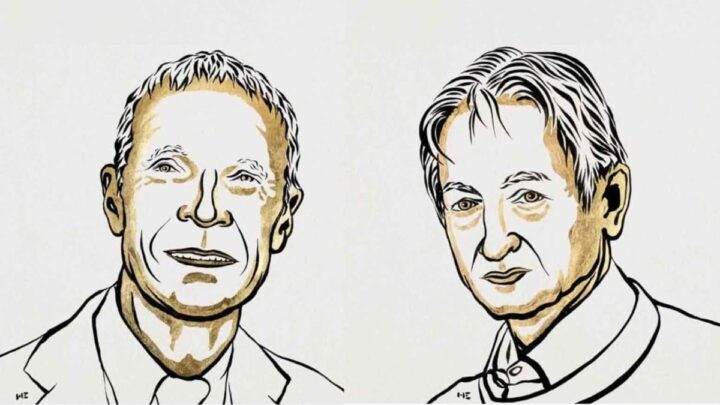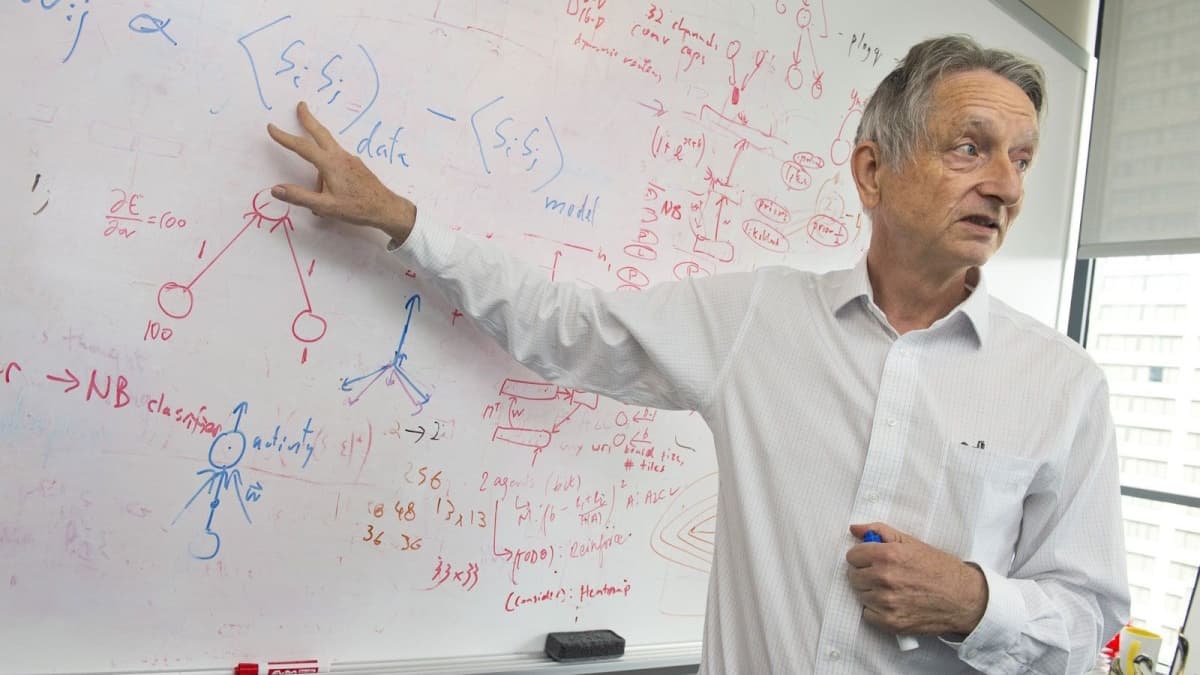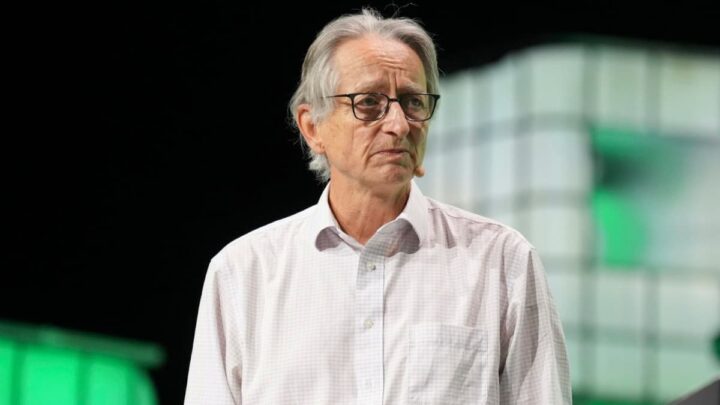Since AI has been integrated into new systems and applications, there have been many warnings about its potential impact. One such message came from a Nobel laureate in physics, who left Google to warn of the danger posed by the technology.
This week, American physicist John Hopfield and artificial intelligence expert Geoffrey Hinton received the award Nobel Prize in PhysicsThis is in recognition of cutting-edge work in creating artificial neural networks inspired by the human brain that enable machines to learn.
Geoffrey Hinton, considered the "godfather" of artificial intelligence, will leave his position as vice president and engineer at Google in 2023, joining the list of voices warning of the dangers of technology. In 2012, the specialist laid the foundations for today's neural networks.
In today's New York Times, Kid Metz points out that I left Google so I could criticize Google. In fact, I left so I could talk about the dangers of AI without thinking about how it would impact Google. Google has acted very responsibly.
- Geoffrey Hinton (@geoffreyhinton) May 1, 2023
Last year, in an interview he gave New York TimesGeoffrey Hinton said he previously believed Google was the "appropriate steward" of powerful technology. This view persisted until Microsoft partnered with OpenAI to release GPT-4, which powers ChatGPT, to the masses.

John Hopfield and artificial intelligence expert Geoffrey Hinton for the 2024 Nobel Prize in Physics
“I would like to have a fairly simple recipe” for artificial intelligence, Hinton said
As we reported, in the same interview, Hinton revealed that he has strong fears that artificial intelligence will become a danger to humanity itself.
At the time, he admitted that more advanced chatbots “are not smarter than us yet, but I think they might be soon.” At the time, the 76-year-old computer scientist did not consider that artificial intelligence was at its peak. However, the agreement between Microsoft and OpenAI was not viewed favorably.
Most people thought it was too far away. I thought it was too far. I thought there were 30 to 50 years or even more. Obviously I don't think so.
He said in the interview.
Before leaving Google and signing on letteralong with other figures, demanding a pause in the development of artificial intelligence, the computer world went to CBS News He warned that the world had reached a "pivotal moment" in terms of technology.
I think it's very reasonable that people care about these issues now. Even if it won't happen in the next year or two.
During a conversation with the Nobel Prize committee, the emeritus professor at the University of Toronto said he believes artificial intelligence could escape human control at any time and that this could be the end of the world.
We are dealing with something where we have no idea what is going to happen or what to do. I wish I had a simple recipe that said if we did this, everything would be okay. But I don't do that.
Regarding the Nobel Prize in Physics, which he won this week, Geoffrey Hinton revealed that he hopes it will "make it more credible."

“Coffee trailblazer. Social media ninja. Unapologetic web guru. Friendly music fan. Alcohol fanatic.”


